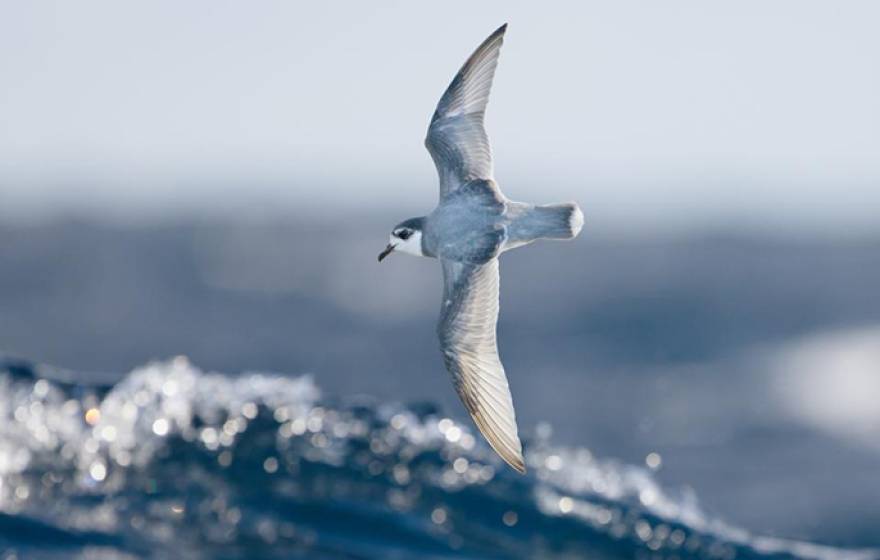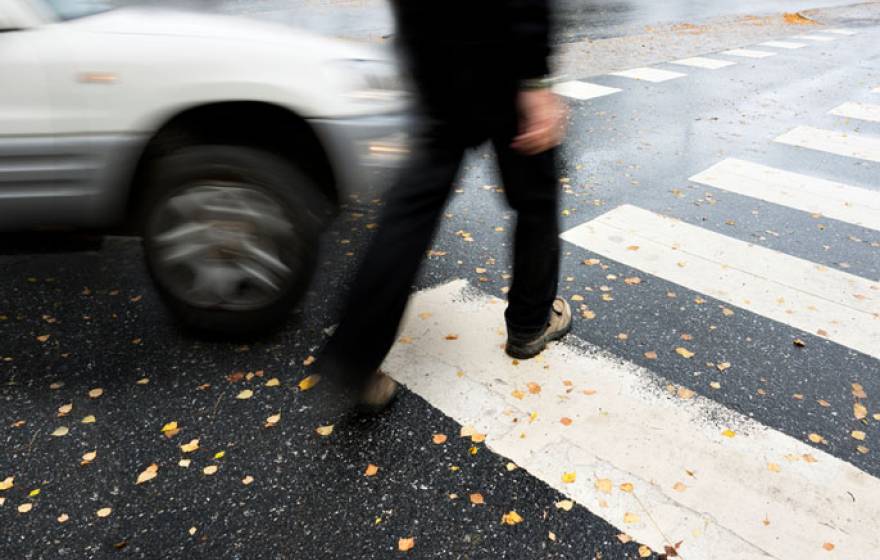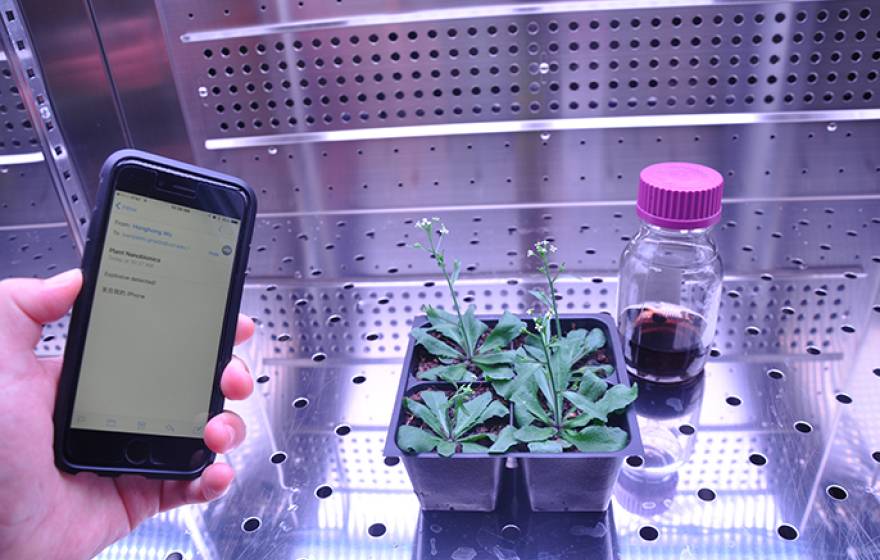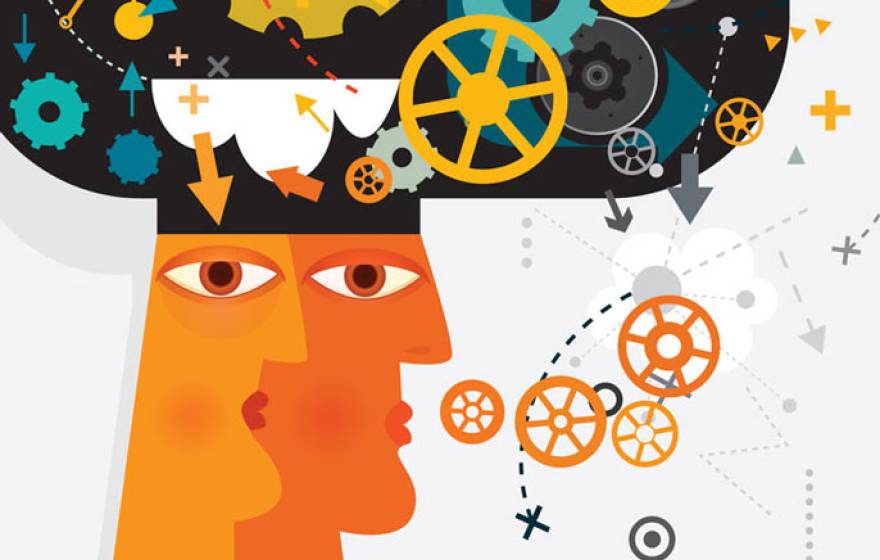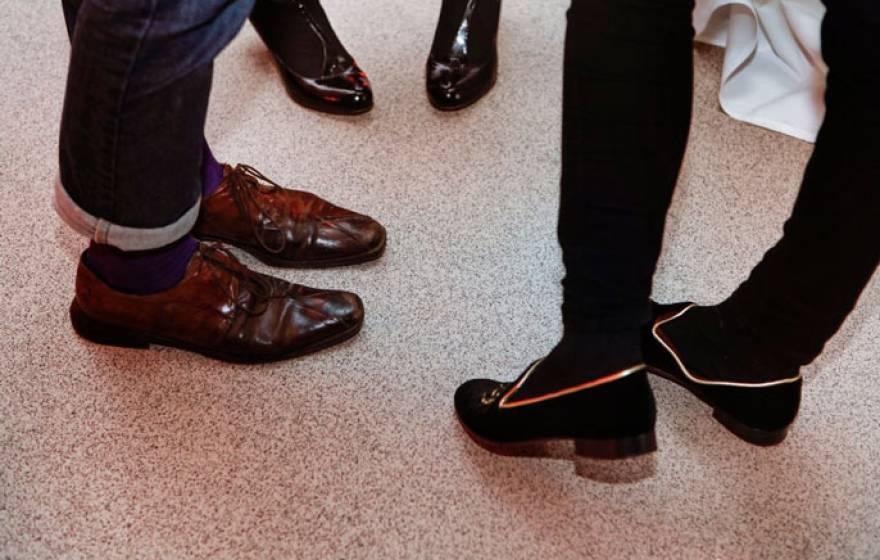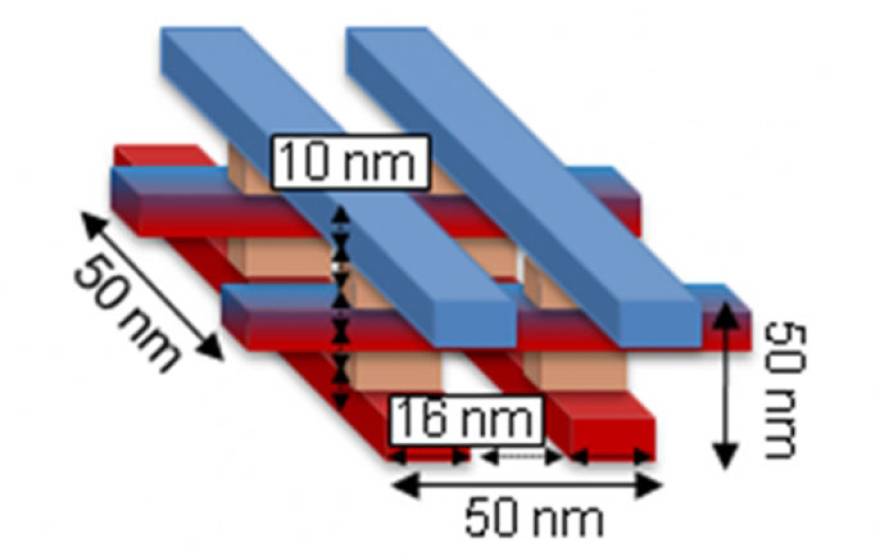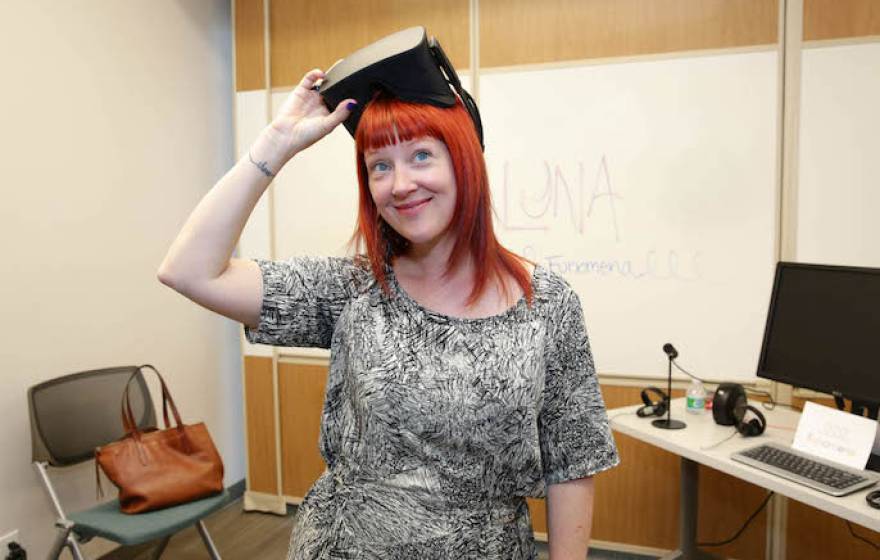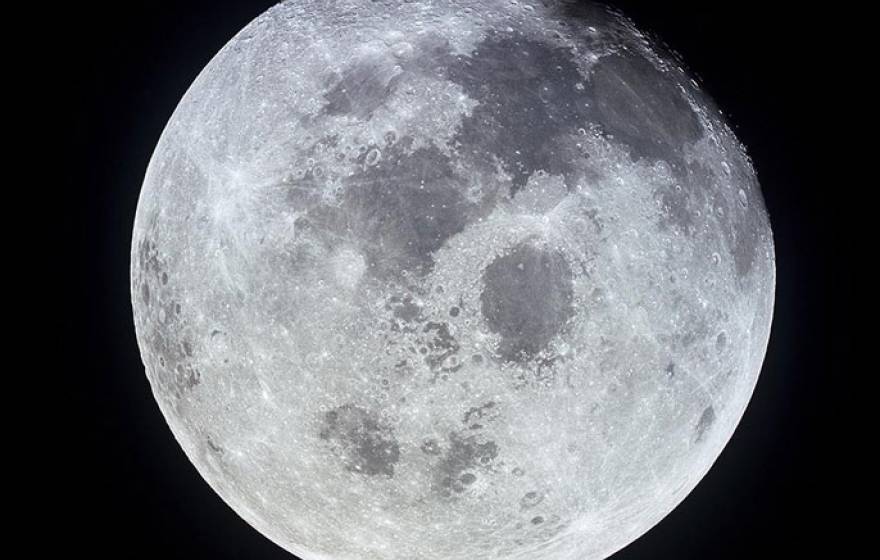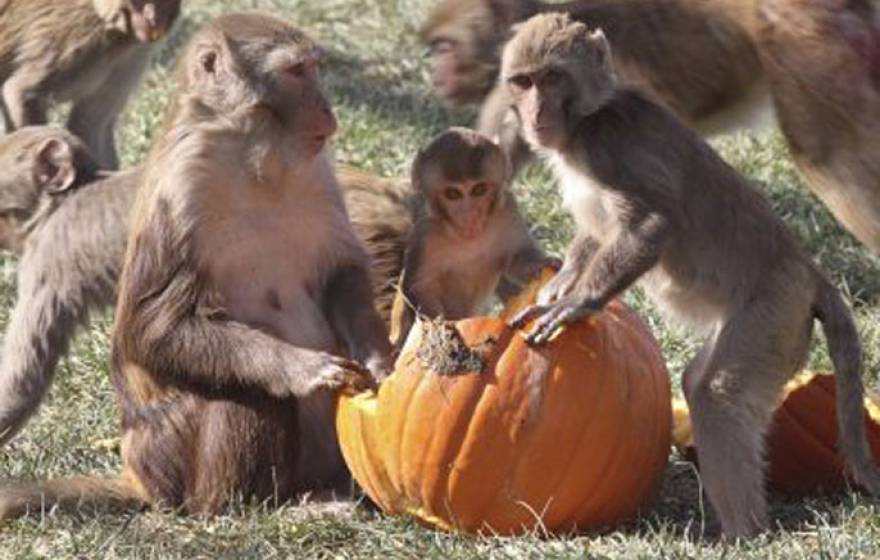Marine plastic debris is an olfactory trap for seabirds.
Mexico's soda tax could reduce diabetes, heart disease and health costs
International study finds that Mexico's soda tax could save approximately $1 billion in direct health care costs over next decade.
Pedestrians may run rampant in a world of self-driving cars
Would you look both ways if you knew cars would always stop?
'Bionic' spinach plants can detect explosives
The work has potential applications in agriculture and in the defense and law enforcement fields.
Facebook users live longer, study says
All that time spent on your favorite social network may be extending your life.
Does your mind jump around, stay on task or get stuck?
Increased awareness of our thoughts at rest could lead to better mental health.
In cold offices, it's all about your feet
Two new UC Berkeley ideas examine heating from the bottom up.
A tiny machine
Electrical and computer engineers design an infinitesimal computing device, once the stuff of science fiction.
Social entrepreneurs take spotlight at TEDWomen
Featured UC startups range from a virtual reality game that heals trauma to the world's most advanced exoskeleton.
New theory explains how the moon got there
A fresh look at why the moon is so distinct from other objects in the solar system.
Can being uncertain of your social rank be bad for your health?
New research suggests that not knowing where you stand takes a serious toll.
Active genetics goes global
Tata Trusts and UC San Diego partner to establish Tata Institute for Active Genetics and Society.
